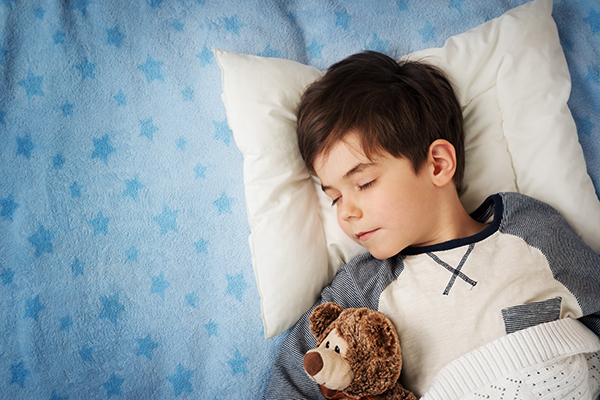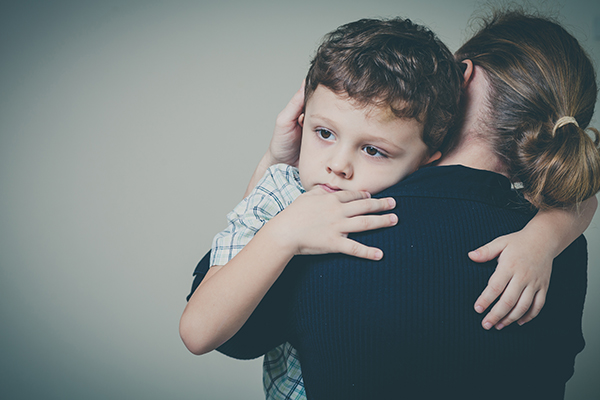In our globally connected world, children can often encounter distressing images and stories of war and conflict through the 24-hour news cycle and social media. These experiences can provoke anxiety and fear in young minds whose worldviews are still forming. Traumatic events imprint strong emotional memories that can influence a child's behaviour and perception of danger.
Overexposure to such distressing content can lead to symptoms similar to post-traumatic stress disorder. Parents and caregivers need to be mindful not to overexpose their children to these events as responses to such trauma can vary among children. Some will show strong emotional reactions, whilst others may seem indifferent or introverted.
Before initiating a conversation with your child, you should first assess your own emotions and comfort level discussing difficult topics. By staying calm and offering physical comfort, you can help your child regulate their own emotions. Children need to feel reassured of their safety as they navigate their way through uncertainty. Tailor conversations to be appropriate for their age and emotional maturity. Younger children may need simplified explanations that focus on concepts like peace, empathy and cooperation, while older children can delve into historical events, the root causes of conflict, and the complexities of international relations.
In challenging times, children need compassionate adults who offer guidance and support. Parents and caregivers play a crucial role in helping children cope with the anxieties stemming from conflict, providing them with hope and understanding in an often complex world.











